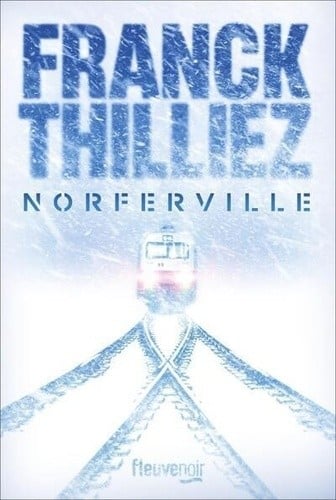En cours de chargement...
October 2017 marked one hundred years since the Russian Revolution and the overthrow of the Romanov Dynasty. But as the anniversary approached, there appeared to be some ambivalence in the Kremlin as to how the event should be celebrated, if indeed, celebrated at all. The mood in Russia was captured in Shaun Walker's enlightening article entitled Tragedy or triumph? Russians agonise over how to mark 1917 revolutions'.
Published in The Guardian newspaper on the 17th December 2016, the article reveals the dilemma facing President Putin and those charged with arranging anniversary events. The article reports the words of journalist Michael Zygar, who said: "There is no officially approved narrative of 1917; it's too difficult and complicated. But it's a very important period to help understand what's happening in Russia now, and very important for the national consciousness"Zygar continued: "There's no official line from the Kremlin - they can't identify themselves with Lenin, because he was a revolutionary, and they can't identify with Nicholas II because he was a weak leader.' This goes some way to explaining the problem facing President Putin.
He would not want to celebrate the life of either a revolutionary or a weakling. It could be said that the Soviet experiment was simply a blip in the long history of the Russian people and nationalities ruled from Moscow or Leningrad. But how, or why did the blip happen? More significantly, is the blip slowly being forgotten, while people and events from Russia's 'glorious' past are re-emerging into the Russian consciousness?There are signs that this may be the case.
Stalin has been brought in from the cold and a monument to Vladimir the Great has been erected outside the Kremlin. Even a monument of Ivan the Terrible has been unveiled on the grounds that through his expansionist policies he increased Russia's territory. And the Russian Orthodox Church has been reinstated, not only as a moral force but also as a supporter of the Russian State. Starting with the founding of the Kievan Rus' in the 9th Century, this book looks back at Russian history to try and discover why these particular rulers are so relevant today.
Chapters include the periods of the Mongol Yoke, Muscovy and the Romanov Dynasty. Later chapters cover the Russian Revolution and the Soviet period. As with other books in the 'In Brief' series, this book is aimed at the general reader who wants to understand a particular historical topic but does not have the time or inclination to read a heavy academic tome. With this mind, footnotes have been omitted.
While there will inevitably be gaps in a book of this size, the intention is to cover the most significant events that moulded Russian history. Should the reader be inspired to further reading on the subject, a small selection of the main works that have been consulted is given. Where possible, maps and charts are provided which should help the reader navigate through the text. A 'Who's Who and What's What' is included at the end





